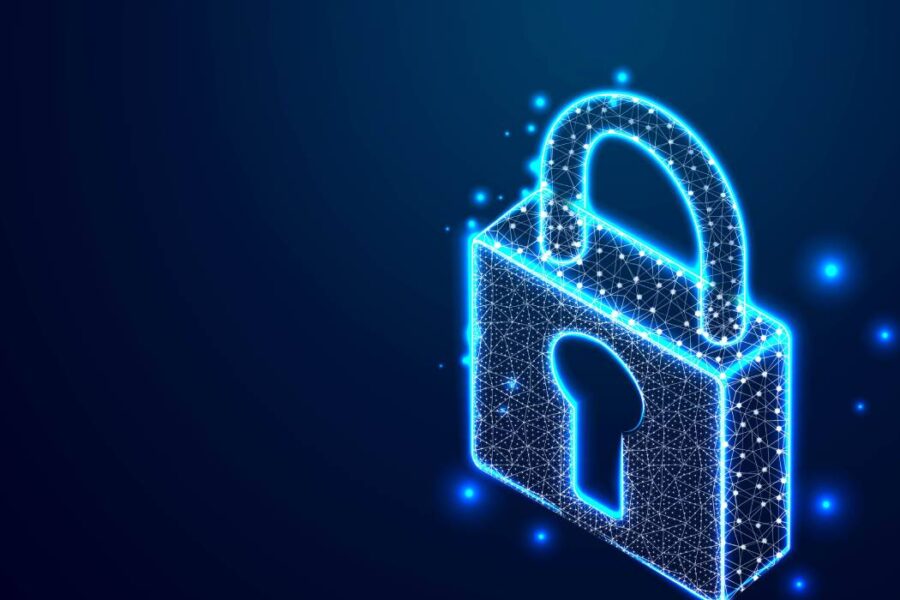Blockchain is known for its transparency and immutability, but these features don’t necessarily make it immune to fraud or illicit activities. As blockchain adoption grows, forensic investigations are becoming increasingly essential for protecting businesses from potential risks.
What is Blockchain Forensic Investigation?
Blockchain forensic investigation involves tracking, analyzing, and interpreting blockchain data to identify illicit activities like fraud, money laundering, or other illegal transactions. Through the use of sophisticated tools and methodologies, investigators can trace the path of digital assets and identify suspicious behaviors.
Why is Forensic Investigation Necessary?
Blockchain’s open and decentralized nature presents both opportunities and challenges. While transparency offers visibility, it can also expose businesses to risks from fraudulent actors. Blockchain forensic investigations allow businesses to detect illegal transactions early, reducing the likelihood of financial loss or reputational damage.
Key Benefits for Businesses
- Fraud Prevention: Identifying and stopping fraud early by tracking the origin and flow of assets.
- Regulatory Compliance: Helping businesses meet regulatory requirements by providing the necessary documentation and reports for audits.
- Reputation Protection: Detecting illegal activities that could harm your brand’s reputation, ensuring trust with customers and investors.
Conclusion
Blockchain forensic investigations are vital for businesses seeking to operate in a secure and transparent blockchain ecosystem. By using advanced tools and techniques to track suspicious activities, businesses can mitigate risks and ensure ongoing compliance with industry regulations.









